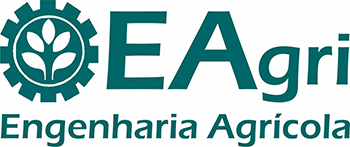The objective of this study was to evaluate production of Sweet Grape mini tomato (Lycopersicum esculentum Mill.) using culture substrates and nutrient solution sewage effluent, applied by drip irrigation (fertigation). The experiment was conducted at the University of Goiás State (UEG-UnUCET), from June to November 2011 in Anápolis-GO, Brazil. The experimental design was a 2 x 3 factorial arrangement in a randomized complete block design with four repetitions. The plots were made by combining two nutrient solutions, effluent supplemented with mineral fertilizers (EcS); conventional nutrient solution (SnC); in addition three cultivation substrates: 60% of fine sand washed + 40% substrate composed by 20% coconut fiber plus 80% pine bark (S1); 20% coconut fiber and 80% pine bark (S2) and natural coconut fiber (S3). Sewage effluent were determined nitrate, calcium, potassium, manganese, total phosphate, total iron, magnesium, chloride, sulphate, boron, zinc and molybdenum. We evaluated average mass and average number of fruits per bunch, total fruit and total yield per plant. Statistical difference absence among tested solutions indicates sewage effluent can be used as an alternative source of nutrients in growing mini tomatoes in hydroponics.
mini tomato; nutrient solution; reuse





